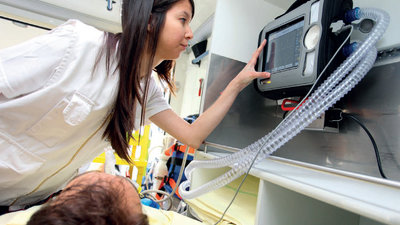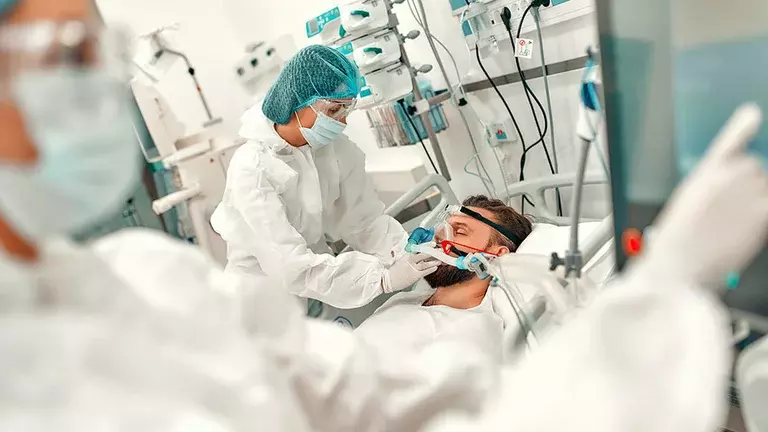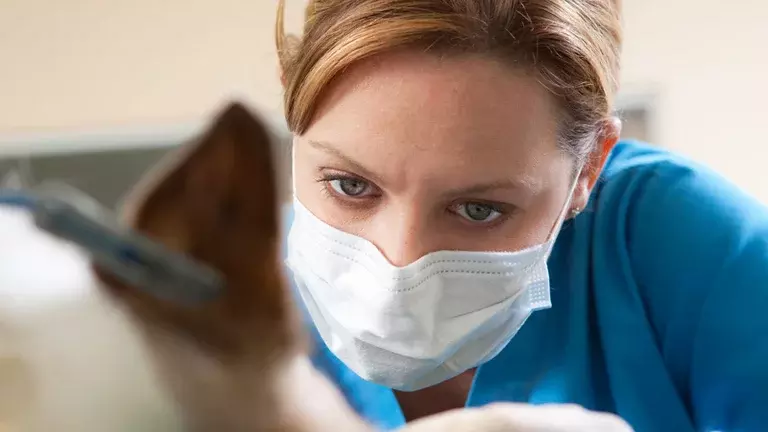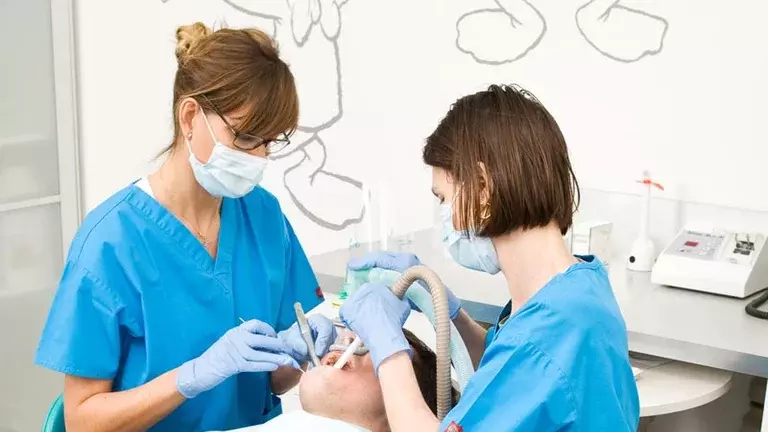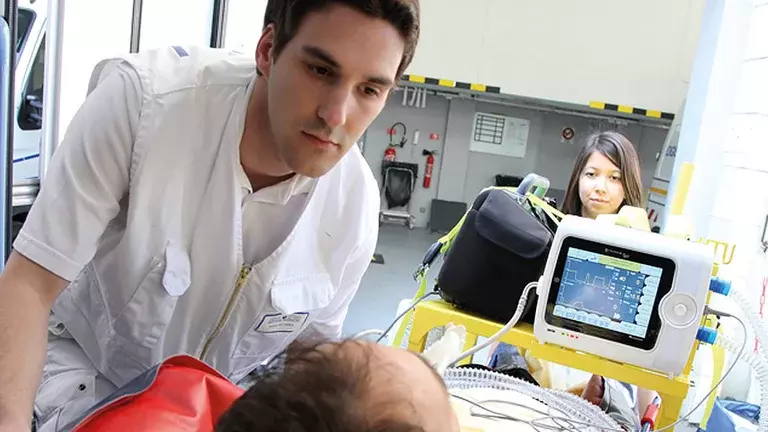Cryogenic applications
Cryogenics is the application of frozen liquids below their boiling point: –130°F (–90°C) for the freezing of samples in different fields, such as cryosurgery, dermatology and human tissue conservation.
What is cryogenics?
Cryogenics is the science that studies and addresses how materials are created and behave in specific ways at very low temperatures. The chemical characteristics of materials are altered at extremely low temperatures.
Cryogenic temperatures range from -150° C to -273° C, which is substantially lower than the temperature at which water turns from a liquid to a solid at 0° C (32° F). The environment is referred to as cryogenic whenever a gas starts to liquefy. The most often used gases for cryogenics in healthcare are nitrogen, oxygen and helium.
Cryopreservation
Cryopreservation is the process by which biological material is stored at very low temperatures (-196ºC), keeping all its characteristics intact.
The objective of cryopreservation is the conservation of cellular tissues at temperatures below -130ºC since at this temperature all signs of life are suspended without cell deterioration. Thus, it is possible to keep biological samples for an indefinite period of time and use them later in transplants or in-vitro fertilization.
Cryopreservation applications include in-vitro fertilization, blood transfusion, tissue, cell and umbilical cord blood banks, research laboratories and dermatology.
Cryotherapy
Cryotherapy is a minimally invasive treatment in which diseased tissue, including cancer cells, is frozen and destroyed using extreme cold using a liquid or instrument at low temperatures. Cryogenic gases such as liquid nitrogen (N2) are used by healthcare professionals to freeze and destroy abnormal cells.
Cryotherapy (also known as cryosurgery, cryoablation, percutaneous cryotherapy, and targeted cryoablation therapy) is most commonly used to treat skin conditions such as warts and lesions, but it is also being used in general surgery, dermatology, thoracic, oncology, proctology, and urology procedures to ablate (remove or destroy) cancerous tissue.
The ability to target and freeze specific cancers while sparing nearby healthy tissues and skin is what makes cryotherapy such a versatile and popular medical procedure.
Do you need pricing or more information?
Our team will listen to your needs and answer your questions, to help identify the right equipment and services for your facility.
Write us
Talk to us
Visit us
6990 Creditview Road, Unit 6
Mississauga, ON L5N 8R9
Why choose us
-
Full-scope medical gases provider
We are involved from production to patient therapy, and know medical gases intimately -
Reliability
You can depend on us to provide you with the right equipment and services to meet your facility's needs -
Innovation
Innovation is our vision: we prioritize quality of care through patient-centric products and services -
Safety
Ensuring the safety of your patients and staff is our top priority - our emphasis is on safety, compliance and risk management -
Experienced
We are owned by Air Liquide Group, the largest supplier of industrial, medical & specialty gases, found on every continent in the world -
Coast-to-coast service network
Our fill plants are widespread to shorten response-time and ensure supply chain reliability -
Accreditation and regulation
We help you ensure your facility's medical equipment is serviced and fully compliant with Canadian standards -
Customized portfolio
We supply a complete range of high-quality specialty gases, including mixtures used in specific applications to suit your needs




